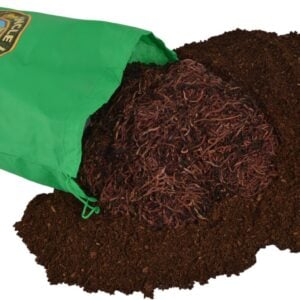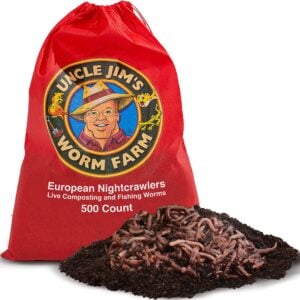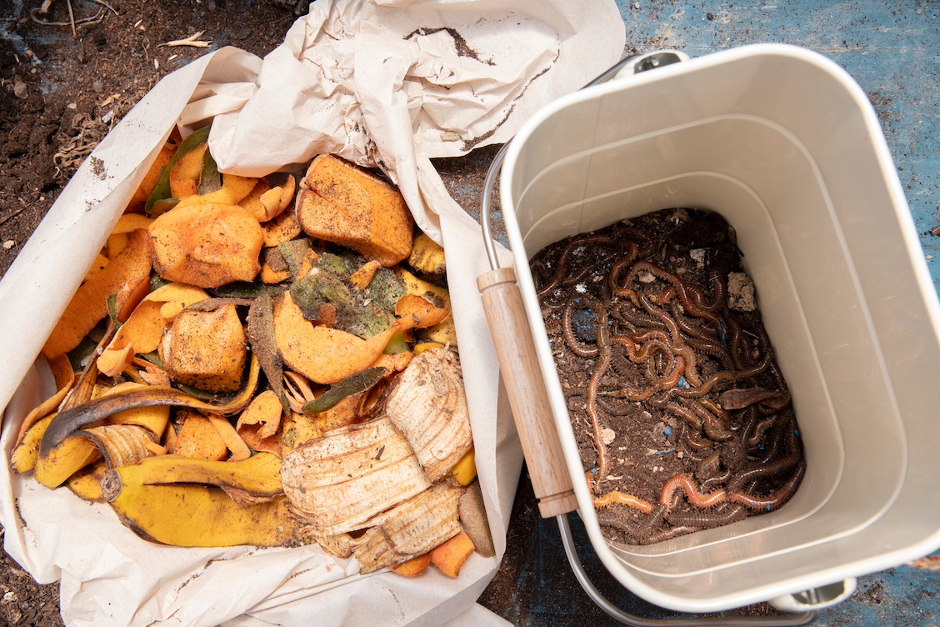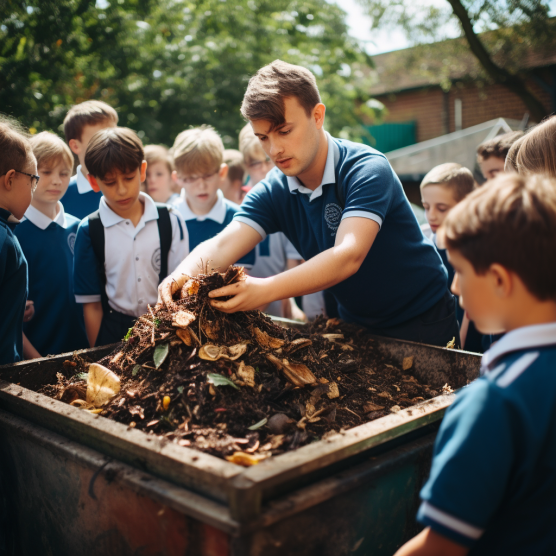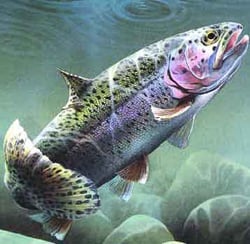 A workplace composting program could turn trash into treasure. Earth Day is the best day to start a workplace composting program. Ever thought about how much food scrap trash your workplace generates? The break room generates coffee grounds and tea bags. Left-overs and spoiled food from meals and snacks stink up the trash bins. And food service workplaces generate mountains of wasted organic matter.
A workplace composting program could turn trash into treasure. Earth Day is the best day to start a workplace composting program. Ever thought about how much food scrap trash your workplace generates? The break room generates coffee grounds and tea bags. Left-overs and spoiled food from meals and snacks stink up the trash bins. And food service workplaces generate mountains of wasted organic matter.
Human resources departments are often looking for projects for Earth Day, which falls on April 22 each year. A workplace composting program is an ideal Earth Day project.
Some workplaces calculate that separating trash saves money. Tipping fees for business waste are high. The end result of composting is organic fertilizer. Grounds workers can apply the fertilizer to plants and lawns at the facility. The company can sell compost to local farmers. Green-thumbed employees would appreciate free compost.
Types of Workplace Composting Programs
Composting at the workplace begins with collection centers in break rooms and cafeterias. Then, the organic matter can be composted in place, in one place in the building, or off-site.
The design of your workplace’s composting program will depend partially on the scale. How many employees? How many collection centers? How many buildings?
In a small workplace, such as a construction site or office, the collection center could be a simple covered bucket or composting pail. An employee could take it home at night and add the waste to a home composting program. If refrigeration is available, the waste could sit for several days before collection. After dumping, rinse the container and return it to the break room the next day. Or, rotate two containers.
Another option at a smaller scale is composting with worms in the break room, closet, or outdoor area. For indoors, a tray-based composter is neat and clean. Red Composting Worms are ideal. An employee can manage a small program in minutes a day.
Facility personnel should design larger workplace composting programs. They can consult with sanitation experts or the local university to build a viable program. At larger scales, problems like odor, pests, and logistics become issues. Keep in mind creative ways to recoup the costs. A calculation may show cost savings; at the least, employees can reduce waste and take home free compost.
Objections to Composting Programs
The primary objection is usually odor. However, the garbage cans already smell because of rotting matter mixed with other trash. At least a composting program would concentrate potentially malodorous trash. Mixed trash creates an anaerobic (low oxygen) environment. Foul-smelling anaerobic bacteria grow quickly. By quickly moving organic matter into an aerobic composting program, odors are minimal. A well-managed program using worms has a slightly earthy scent.
Another common objection is time and money spent. On a small scale, the amount is trivial. For large operations, the costs would be calculated during the planning stages. Ultimately, a composting program is better for the earth and better for employees. And it creates organic fertilizer that saves money or motivates employees. Free compost — what a great fringe benefit!
Part of Waste Recovery
Office trash cans used to be called “waste paper baskets”? Wasted paper should be going into a recycling program. In the same way, compostable food should be going into a composting program.
For larger companies, a waste audit will reveal how much compostable organic matter could be diverted.
If you decide to compost with worms, scraps are typically:
- Coffee grounds and used tea bags
- The interior contents of K-cups
- Vegetables, fruits, peelings, cores, trimmings, grains
- Left-over prepared dishes that are not oily
- Compostable napkins, paperware, and utensils if allowed
- Not large amounts of acidic foods (citrus, pineapple, tomato)
- Not oily foods, meat or dairy products
- See our blog post “Compost Worm Feeding“
Each program will have its own guidelines about what can be composted. Post them near the collection stations.
How to Get Started
Get a couple of co-workers together and discuss the idea with management and/or Human Resources. Explain why composting saves resources and reduces tipping fees. And tell them that you want it. If Earth Day is just around the corner, say that this would be a good launch date. You do not need to design a large-scale program — this falls on expert personnel. The company’s waste management provider might already have composting pickup. If there is heavy resistance, ask for a six-month trial on a small scale.
Uncle Jim’s Worm Farm ships composting worms to organizations small and large. We have been in the worm business for 40+ years, and our worms are the highest quality. We have a selection of tray-based composters that are perfect for small offices. Tell your manager or personnel office to contact us if they have any questions. Our website and blog have plenty of information about starting and maintaining composting programs. Happy Earth Day!



